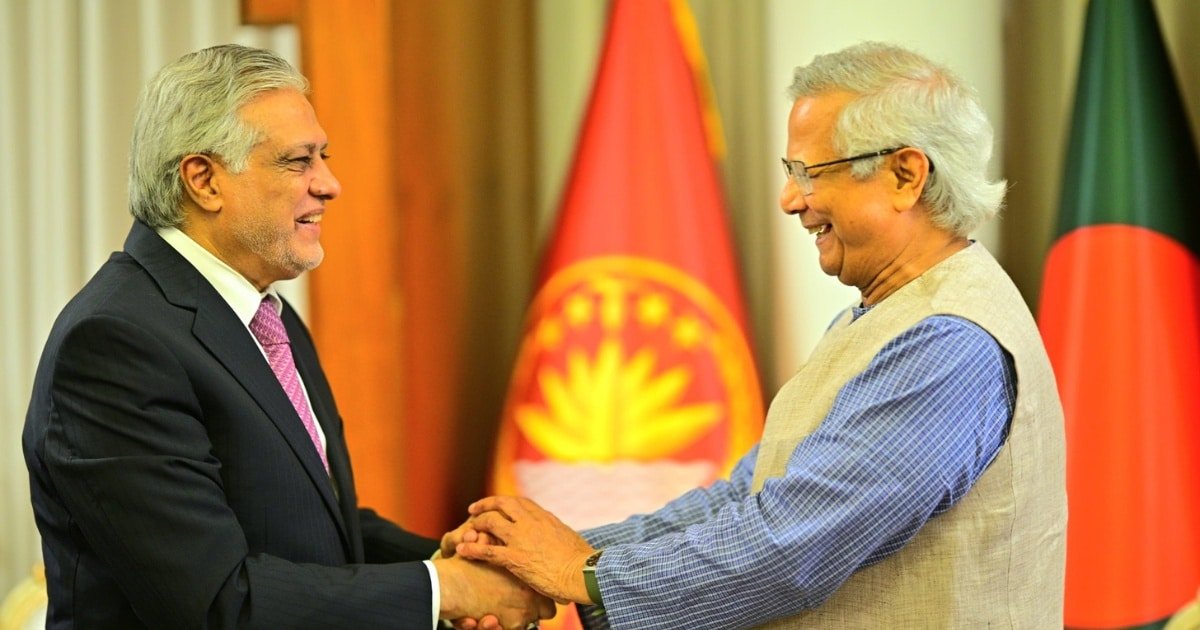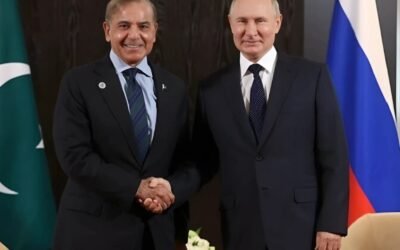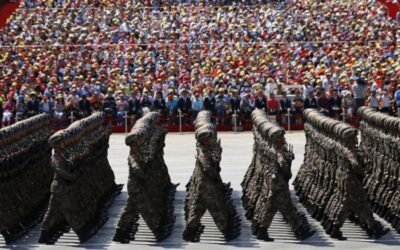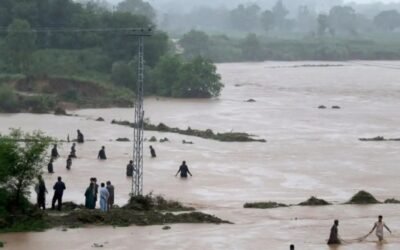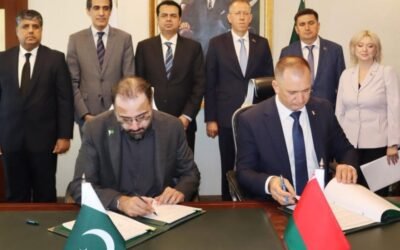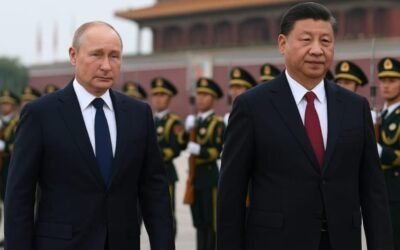Pakistan’s Deputy Prime Minister and Foreign Minister, Ishaq Dar, has concluded a two-day official visit to Bangladesh (August 23–24), marking the first trip by a Pakistani foreign minister to Dhaka in 13 years. The visit was widely seen as a milestone in efforts to reset relations between the two South Asian neighbors.
Pakistani Deputy Prime Minister and Foreign Minister Muhammad Ishaq Dar lands in Bangladesh in a landmark visit to rebuild ties with the neighboring country.https://t.co/V4G2BUGYOF pic.twitter.com/LxQFmEHZWC
— Kuwait News Agency – English Feed (@kuna_en) August 23, 2025
Agreements and MoUs Signed
The visit produced a series of concrete outcomes, with both countries signing one agreement and five Memorandums of Understanding (MoUs) to strengthen institutional cooperation:
- Visa exemption for diplomatic and official passport holders.
- Creation of a Joint Working Group on Trade to facilitate commerce.
- MoUs between the foreign service academies, national news agencies (APP and BSS), and leading research institutions.
- An MoU on a cultural exchange program to foster people-to-people ties.
High-Level Engagements in Dhaka
During his stay, Mr. Dar held wide-ranging talks with top Bangladeshi leadership:
- Chief Adviser Professor Muhammad Yunus, head of the interim government.
- Foreign Affairs Adviser Md. Touhid Hossain.
- Commerce Adviser Sk. Bashir Uddin.
The discussions highlighted a shared commitment to expand trade and connectivity, with plans to initiate direct Karachi–Dhaka flights. Pakistan’s Commerce Minister, Jam Kamal Khan, was also in Dhaka, underlining the economic emphasis of the visit.
🤝🇧🇩𝐏𝐚𝐤𝐢𝐬𝐭𝐚𝐧 & 𝐁𝐚𝐧𝐠𝐥𝐚𝐝𝐞𝐬𝐡 𝐬𝐢𝐠𝐧 𝟔 𝐂𝐨𝐨𝐩𝐞𝐫𝐚𝐭𝐢𝐨𝐧 𝐀𝐠𝐫𝐞𝐞𝐦𝐞𝐧𝐭𝐬 𝐭𝐨 𝐛𝐨𝐨𝐬𝐭 𝐭𝐢𝐞𝐬| 𝐊𝐞𝐲 𝐓𝐚𝐤𝐞𝐚𝐰𝐚𝐲𝐬
• Visa-free travel for diplomatic & official passport holders.
• Launch of Pakistan–Bangladesh Knowledge Corridor: 500… pic.twitter.com/ScCqavaW0k— IndiaToday (@IndiaToday) August 25, 2025
Unresolved Issues Acknowledged
While progress was made, the issue of an apology for 1971 resurfaced during press interactions. Mr. Dar remarked that he believed the matter had been settled through past discussions. However, Bangladesh’s Foreign Affairs Adviser, Touhid Hossain, signaled that Dhaka’s position on the issue remains unresolved.
Strategic Context
The visit comes amid a thaw in bilateral relations following political change in Dhaka. Ties had remained tense under the government of former Prime Minister Sheikh Hasina, but the interim setup has opened space for dialogue.
Mr. Dar described his engagements as “highly productive”, emphasizing that both nations are eager to move forward with mutual respect. The two sides also discussed revitalizing SAARC, signaling renewed interest in regional cooperation.
Outlook
Analysts see the agreements as an important step toward normalizing ties, with trade and cultural linkages expected to drive the next phase of cooperation. The visit reflects a broader shift in South Asia, where regional states are reassessing old divides in search of economic opportunity and stability.
You May Like To Read:

